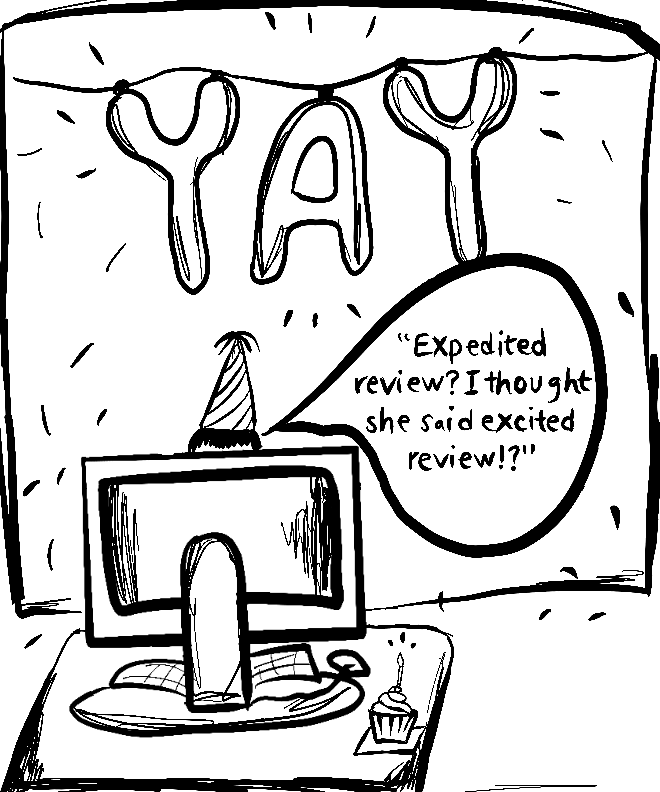Professors, program review and problems
A program review is underway with professors experiencing a time constraint and a lack of clarity.
March 24, 2021
Hamline faculty members have experienced a stressful few weeks after the College of Liberal Arts (CLA) was put under an expedited program review (EPR) that gave just three weeks to evaluate each of their departments. The last program review took place during the 2016-17 school year.
Program review materials were sent out on Feb. 23 and included a questionnaire given to each department regarding their classes, number of students and plans for innovation, all with a due date of March 12. This short turnaround and the lack of clarity originally given to faculty about why and how the review was being conducted resulted in confusion and worry regarding its potential consequences.
“It is sometimes confusing what our objective for this review is,” said Mike Reynolds, department chair and professor of English, and program director of first-year writing. “What makes a program review less successful is, I think for me, a lack of clarity.”
While program reviews are not unusual, the abrupt announcement caught faculty members off guard. It was also a deviation from the recommendations of a subcommittee put together last semester tasked with planning ongoing cyclical reviews which would have tentatively started next fall.
“[An ideal review] would provide programs with ample time to prepare materials to understand when their program was going to be under review,” said Kristin Mapel Bloomberg, program director for Women and Gender Studies and a member of the subcommittee last semester. “That would have been a preferred process than yet another round of emergency program review specifically designed with budget cuts in mind.”
This expedited process was initiated to examine the changes that have occurred over the past five years, the most recent relating to the changes in number and type of student enrollment and the drastic and unpredicted changes to departments that COVID-19 has produced.
“Part of my frustration with the current program review process is that it is focused on numbers,” Mapel Bloomberg said. “Numbers tell one story, but I think we also have a larger responsibility to the mission, vision and heritage of this institution in how we create our educational programs.”
The current review is being managed by a work group made primarily of two combined faculty committees and the CLA dean, Marcela Kostihova. While both committees are made up of elected faculty members, there was no vote to designate them as in charge of the program review. The matter was decided internally in part due to imposed time constraints.
When contacted, the EPR workgroup stressed that expedited review is a supplement to and not a replacement for the proposed cyclical reviews.
“Doing a five to 10 year process for all of our programs was not going to address the issues that the university and the college are facing right now, thus the expedited program review,” said Jeff Turner, the department chair of theatre arts and a member of the EPR work group.
As the work group goes through the review they are making an effort to be transparent and communicate with faculty members and students. They are available for questions and provide weekly minutes for their meetings to faculty. They are also in contact with HUSC representatives through another committee.
Despite this, concerns among faculty and students persist. While changes to the institution are unavoidable, worries continue about program cuts and eliminations, though no alterations to the offered classes of fall 2021 are expected.
“It’s very understandable that some faculty would be nervous about this process because let’s face it, we don’t know the extent of it,” said professor Joseph Peschek. “Hamline’s going to have a big budget deficit… and then you start talking about expedited program review and again, it’s very understandable that people might think that their neck is on the chopping block.”


